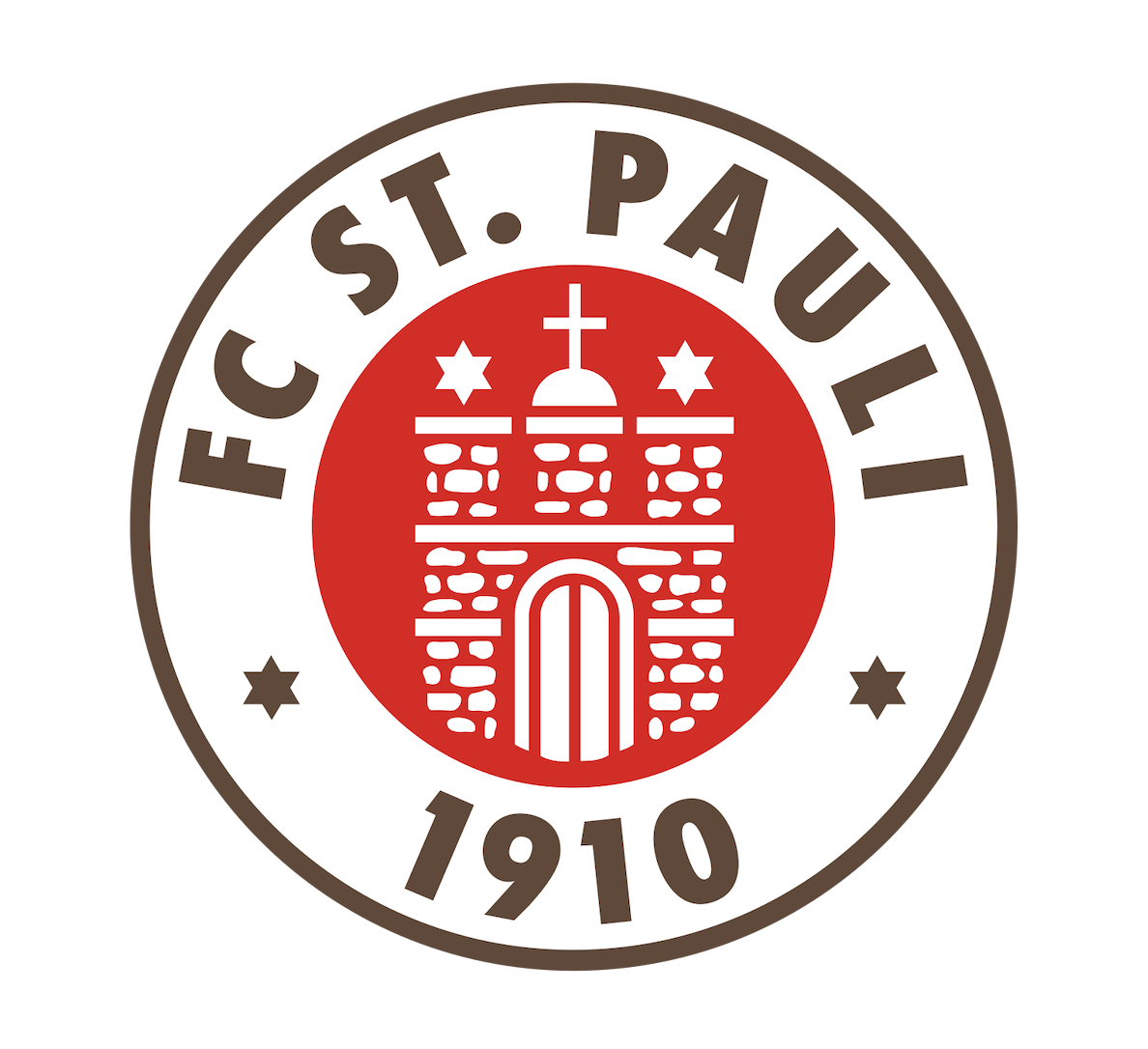-
Bohemian Football Club is a fan-owned club based in Dublin, Ireland. Its community ownership model inspires the club’s mission to use football as a force for good. Recognizing social inequalities and the growing climate crisis, Bohemian FC believes football clubs can lead on climate justice—creating climate solutions by and for fans and their communities. The club’s initiatives include promoting environmental rights among supporters, supporting farmers and families through community-supported agriculture, and developing a climate cooperative to create quality, green jobs. Through these efforts, Bohemian FC aims to be a positive force for both people and the planet.
-
Ferencváros is Hungary’s most successful multisport club, supported by over two million fans. Alongside strong sporting achievements, the club is committed to sustainability and environmentally responsible practices. Its initiatives include using solar power and energy-efficient solutions, educating fans on waste management, and contributing to the Football for Climate Justice project by renewing an urban forest for the local neighborhood.
-
FC St. Pauli von 1910 e.V. is a member-led club guided by non-profit values and strong social principles. Its mission, “Another football is possible,” drives initiatives across the club, professional football, and business. Fans, members, and the local community play an active role in upholding diversity, inclusion, and equality.
Climate justice is a key focus area for FC St. Pauli. The club participates in Football for Climate Justice, a project raising awareness of how football can build acceptance and momentum for climate protection measures.
OUR PARTNERS
-
Real Betis Balompié places environmental sustainability at the heart of its strategy, being the first club in Spain and the second in Europe to obtain EU EMAS and ISO 14001 certifications. Through its environmental platform Forever Green, launched in 2020 and managed by the Real Betis Foundation, the club develops projects, awareness campaigns, and partnerships that mobilize society and drive tangible change. The Foundation also works on initiatives connecting sport with social causes, highlighting the impacts of climate change on vulnerable communities. By linking football, sustainability, and equity, Real Betis promotes actions that contribute to a fairer and more sustainable future.
-
FUNDACIÓN LALIGA is the social responsibility arm of LALIGA, dedicated to using football as a tool for positive change. Through educational, cultural, and social projects, the Foundation promotes teamwork, respect, inclusion, and sustainability. Its work supports vulnerable communities, fosters equality, and encourages sustainable development worldwide.
As part of its environmental commitment, FUNDACIÓN LALIGA leads the Football for Climate Justice project, raising awareness and driving collective action to protect the environment while ensuring fair opportunities for future generations.
-
With more than 130 years of history, Club Brugge is committed to building a sustainable future for football and the planet. Guided by its “No Sweat, No Glory” philosophy, the club’s SWEAT sustainability model is built around five ESG principles:
Sustainability: reducing its ecological footprint through responsible energy, water, waste, and mobility management.
Well-being: promoting physical, mental, and social health within the club and community.
Equity: ensuring diversity, inclusion, and equal opportunities across all operations.
Accountability: acting transparently and taking responsibility for its decisions.
Teamwork: fostering partnerships to create lasting, shared impact.
Through these principles, Club Brugge strives to make a positive and measurable difference for football, people, and the planet.
-
SV Werder Bremen follows a sustainability approach that connects ecological, social, and economic goals to create lasting positive impact. Through its SPIELRAUM program, the club reaches around 1,800 children weekly in disadvantaged neighborhoods, promoting inclusion, health, and equal opportunities.
Werder Bremen received the German Sustainability Award (2024) for advancing gender equality through the FUSSBALL KANN MEHR initiative. The club also aims to halve emissions by 2030 and reach net zero by 2040 as part of the Sports for Climate Action Framework, using green energy and climate adaptation measures at its riverside stadium.
-
FC Twente is a Dutch professional club deeply rooted in social engagement through its foundation Scoren in de Wijk, which promotes health, education, and social cohesion. The club runs community programs that encourage physical activity, combat loneliness, and support personal growth.
On the environmental front, FC Twente focuses on helping fans reduce their carbon footprint. Through partnerships, the club promotes energy efficiency, accessible renewable energy, and sustainable lifestyles—empowering fans to join in the fight against climate change.
-
TASC is an independent think-tank based in Ireland that works to address inequality and strengthen democracy by turning research into action. As a public education charity, it focuses on issues of inequality, democracy, and climate justice in Ireland and the EU.
Through research, policy analysis, and public engagement, TASC aims to promote inclusion, improve working conditions, support a just climate transition, and contribute to positive social change. Using mixed research methods—including data analysis, surveys, and interviews—TASC develops practical policy recommendations for government, civil society, and other partners to advance equality and social progress.









